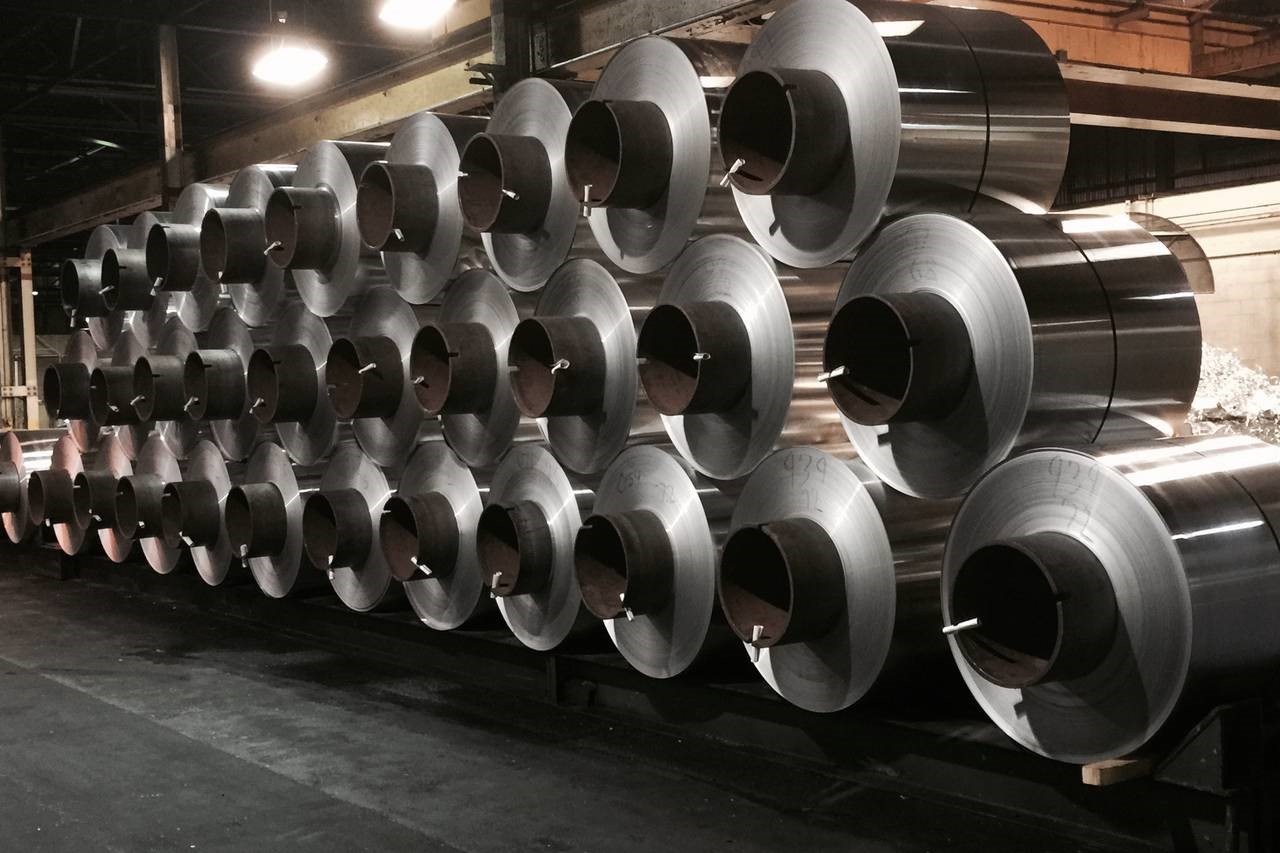

In a bid to safeguard the interests of its domestic aluminium industry, India has taken a significant step by initiating an anti-dumping investigation into the import of aluminium foil from China.

This move comes in response to complaints filed by key domestic players such as Hindalco Industries, Shyam Sel & Power Ltd, and others, who have alleged dumping practices by Chinese exporters. Aluminium foil serves as a vital packaging material, particularly for the preservation and protection of edible and food products.
Allegations and investigation
The DGTR or Directorate General of Trade Remedies, which falls directly under the commerce ministry, has begun its probe based on prima facie evidence provided by the domestic industry, indicating the injury suffered due to dumped imports.
"The authority hereby initiates an anti-dumping investigation into the alleged dumping and consequent material injury to the domestic industry," the notification read.
The applicants have pointed out the alleged dumping of aluminium foil from China, prompting the authority to initiate a thorough investigation into the matter. If proven, such dumping could result in material harm to domestic players, leading to recommendations for the imposition of anti-dumping duties on imported foil.
Multilateral response and fair trade practices
Anti-dumping measures are crucial tools employed by countries to address the adverse impact of surging imports on domestic industries. These duties, implemented within the framework of the World Trade Organization (WTO), aim to uphold fair trading practices and establish a level playing field for local producers vis-à-vis their foreign counterparts. By scrutinizing the influx of cheap imports and considering the imposition of anti-dumping duties, India reaffirms its commitment to fostering a balanced and equitable trade environment.
Ensuring a level playing field
India's proactive stance in investigating the alleged dumping of aluminium foil highlights its dedication to safeguarding the interests of its domestic aluminium sector. By examining the implications of cheap imports on local producers, the nation seeks to uphold the integrity of its industrial landscape and promote sustainable growth within the aluminium industry. Through diligent assessment and decisive action, India aims to foster a climate conducive to fair competition and equitable opportunities for all stakeholders.
Conclusion and outlook
By addressing the challenges posed by dumped imports, India aims to foster a conducive environment for the growth and development of its aluminium sector. Through collaborative efforts and judicious decision-making, stakeholders can work towards ensuring a level playing field and fostering sustainable growth within the industry.
If you wish to learn more about trade forecasts in the international aluminium sector, please have a look at AL Circle's special report, Global Aluminium Industry Outlook to 2024.



Responses






